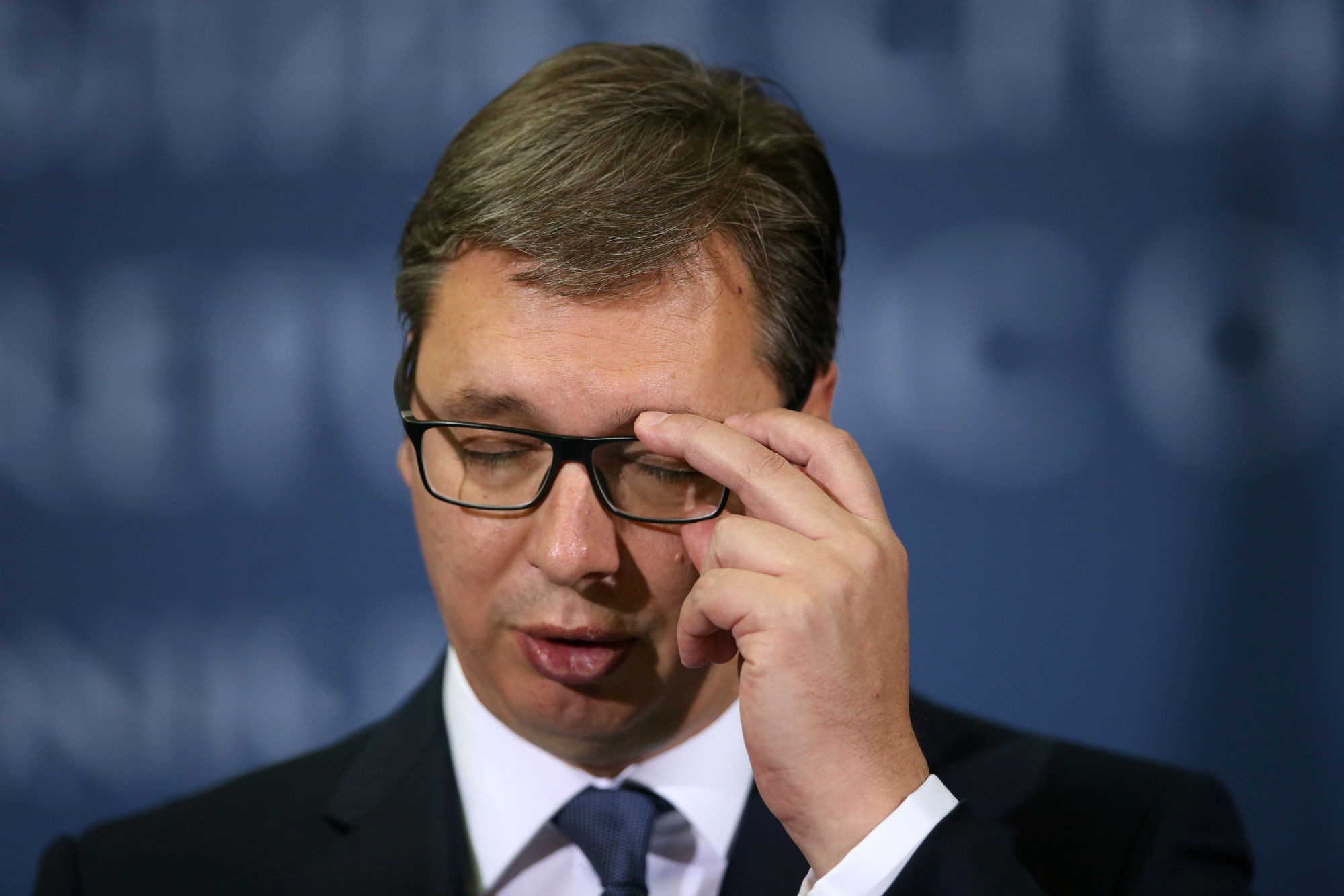
Croatia is balancing between proving that it honestly cares EU enlargement and providing aid to Western Balkan countries in the process as well as protecting its national interests, especially when it comes to Serbia and Bosnia and Herzegovina.
Croatia agreed to promote the process of enlargement and European values in the region as well as provide aid to countries in the region through a Sabor declaration before it joined the EU. It is doing these things - through the Brdo-Brijuni process in cooperation with Slovenia and taking part in the Berlin process that Germany started - providing aid to other countries in the enlargement process. As the only country with fresh experience from the enlargement process, EU candidates value Croatia's aid and experience highly. By announcing that it will hold a summit on enlargement to Western Balkans in Zagreb in May next year, during its presiding over the EU, Croatia wants to prove again that it is dedicated to promotion of importance of enlargement.
Is Croatia blocking Serbia?
Germany, France and Netherlands are blocking Serbia most as they are not in favor of faster enlargement, but Serbian Government frequently exaggerates Croatia's role in this. Croatia was reserved on several occasions with regard to opening of negotiation chapters with Serbia, but did not block any processes. However, when it comes to chapters 23 and 24, judiciary and basic rights, Croatia blocked opening of the chapters until summer 2016. It withdrew the veto when majority of its demands were included in the list of requirements Serbia has to fulfill as part of the transition. Croatia did not ask Serbia to do more than Croatia had to do during the accession process. The lion's share of Croatia's demands had to do with war crime processing, revealing what happened to missing persons and respecting rights of Croats in Serbia.
What were Croatia's demands for allowing opening of chapters 23 and 24?
Croatia had five major demands:
1. Serbia has to respect rights of victims of war and allow access to justice as well as compensate the victims Serbia is responsible for.
2. Serbia has to avoid conflict of judicial authority and cannot apply its laws on Croatian territory. This is with regard to Serbia's universal jurisdiction for processing war crimes.
3. Serbia has to cooperate on finding missing persons or their remains.
4. Serbia has to fully cooperate with the Hague Tribunal (ICTY).
5. Serbia has to implement legal framework for protection of minorities and secure a seat for Croatian minority in the Parliament.
How does the EU view Croatia's behavior?
When it comes to the chapter on judiciary, the EC was disappointed with Croatia. It was of the opinion that Croatia was using its membership to pressure Serbia over bilateral disputes. Moreover, the EC sided with Serbia with regard to Serbia's universal jurisdiction. JUTARNJI LIST released EC's internal document in 2016, where it was obvious that it presented arguments almost identical to Serbia's with regard to Serbia's universal jurisdiction. The EC noted that many EU member states adopted similar regulations. However, through Council working groups, Croatia managed to include the demand that Serbia has to avoid conflict of jurisdiction in processing of war crimes.
How is fulfillment of these demands monitored?
The EC is monitoring and regularly reporting on fulfillment of demands. Besides those Croatia insisted on, Serbia has to fulfill about 50 demands in Chapter 23 alone. Serbia's progress is insufficient. JUTARNJI LIST got EC's internal non-paper two months ago, on Serbia's progress and fulfillment of demands from chapters 23 and 24. It notes that Serbia made some progress with regard to adoption of regulations and implementation of reforms, as well as significant delays in judicial reform. As far as processing of war crimes goes, the EU is of the opinion that Serbia is addressing the problem slowly, that many ongoing cases were taken over from investigations in Bosnia and Herzegovina, and that Serbia has to present evidence of results through indictments based on own investigations as well as convictions. As many as four of five indictments that were raised were taken over from BH, and when processes are started, they are delayed and prolonged for different reasons.
The report points to ICTY warnings that Serbia has not been doing anything with regard to extraditing persons accused of contempt of court for three years. The EU expressed concern over relativization of war crimes and glorification of convicted war criminals in Serbia, their participation in activities of the ruling party and their publishing activities financed by the Defense Ministry.
Did Serbia make progress in opening of chapters?
There was no progress with regard to chapters 23 and 24 compared to summer of 2016 as no progress was made in fulfillment of transition demands.





Za sudjelovanje u komentarima je potrebna prijava, odnosno registracija ako još nemaš korisnički profil....